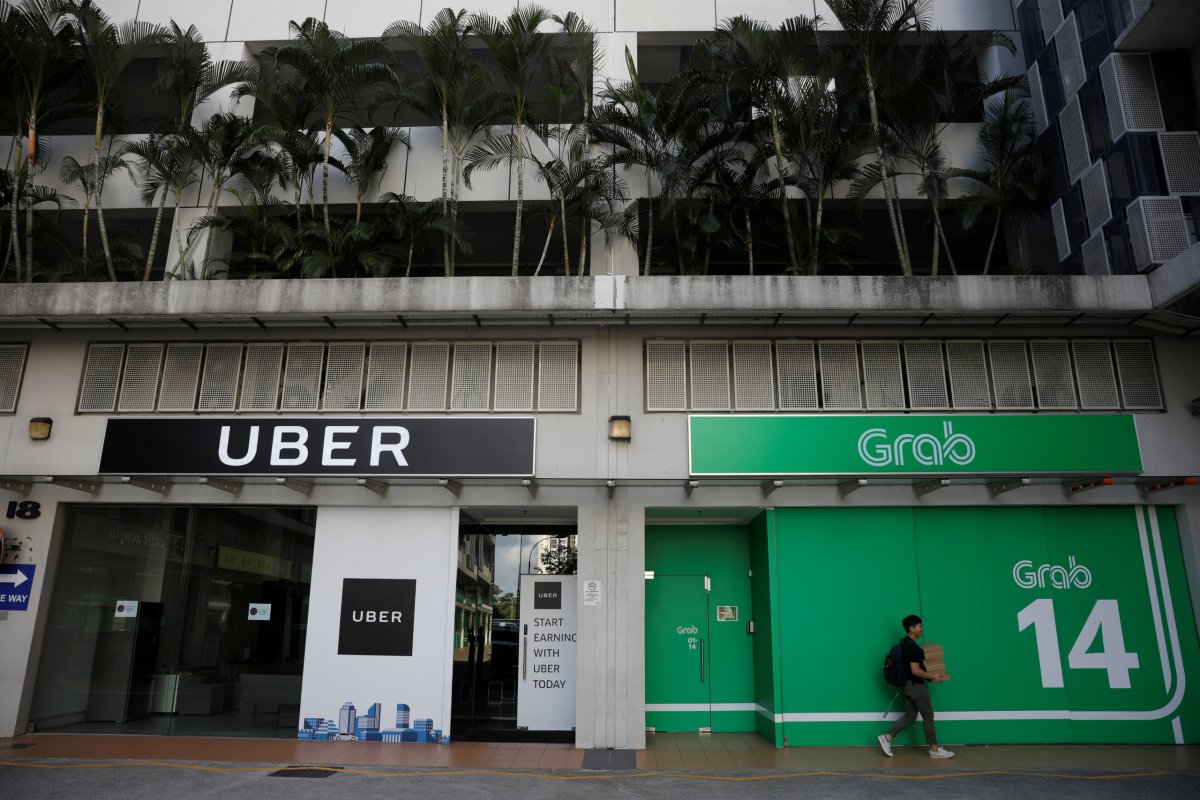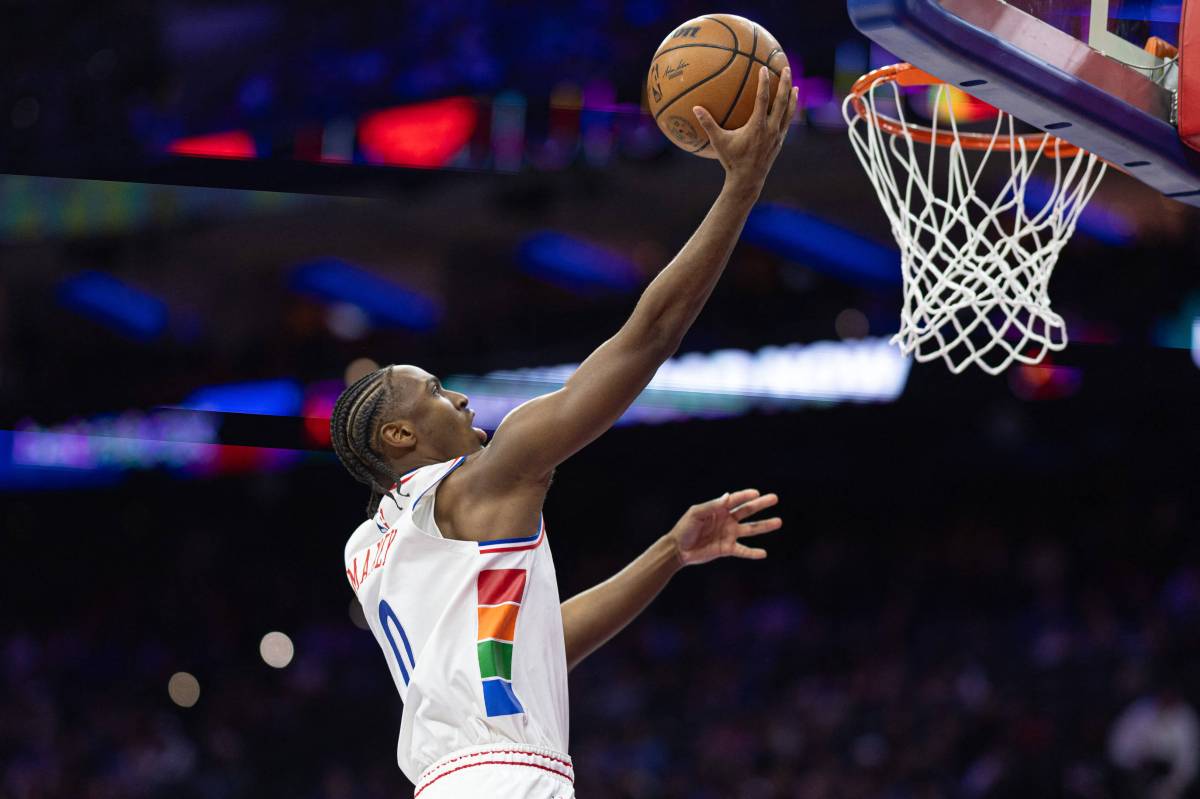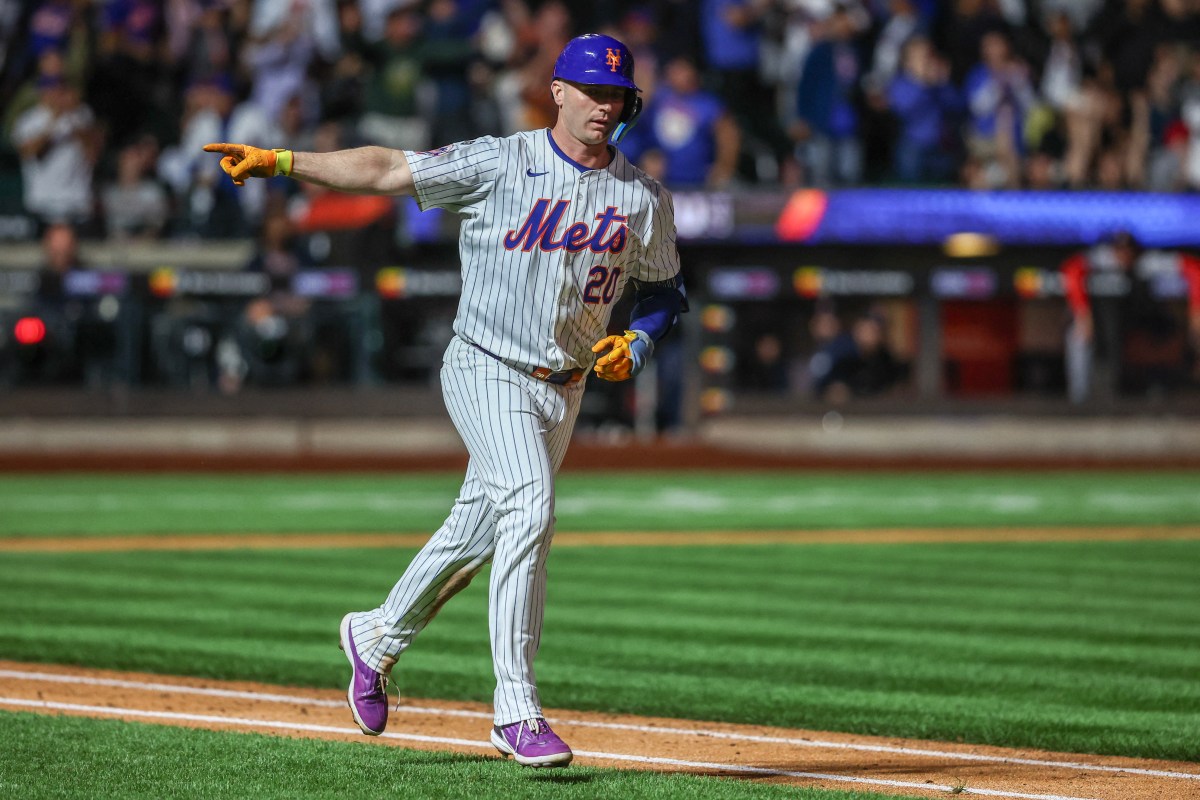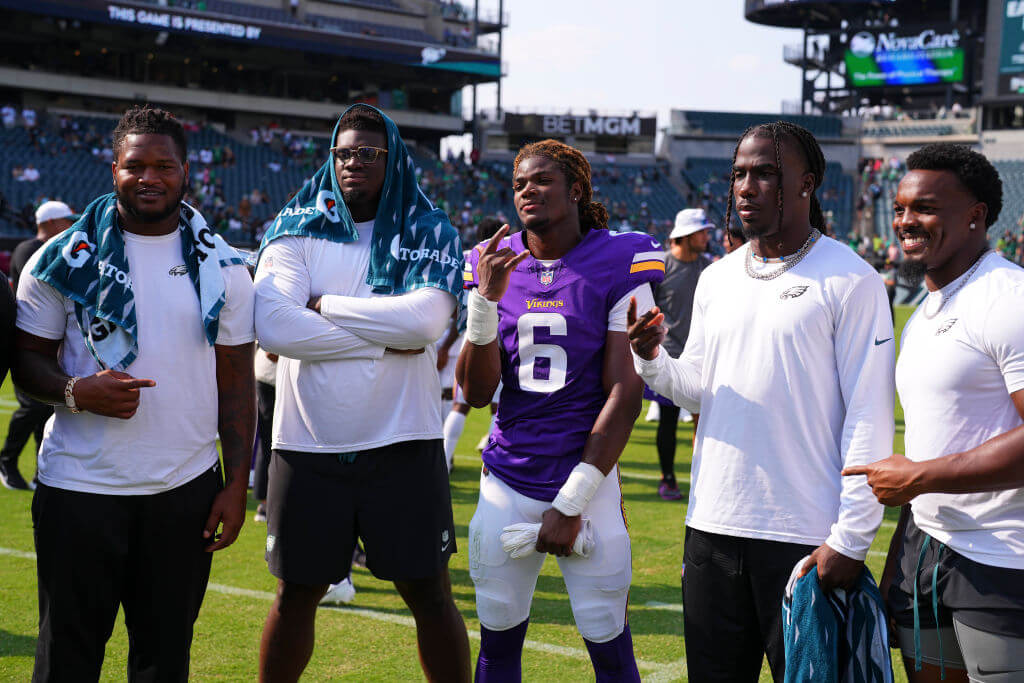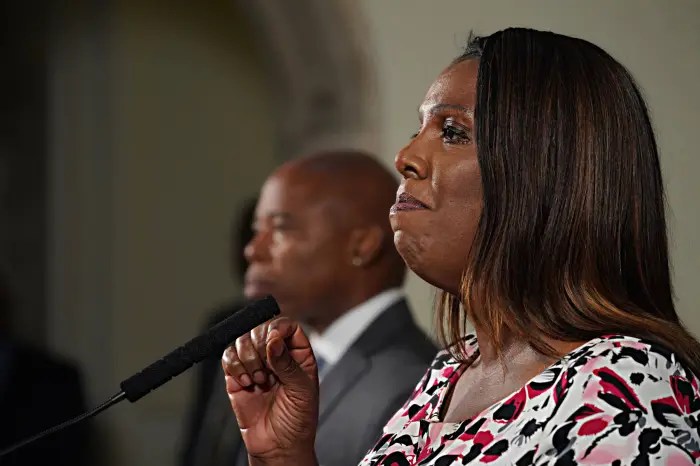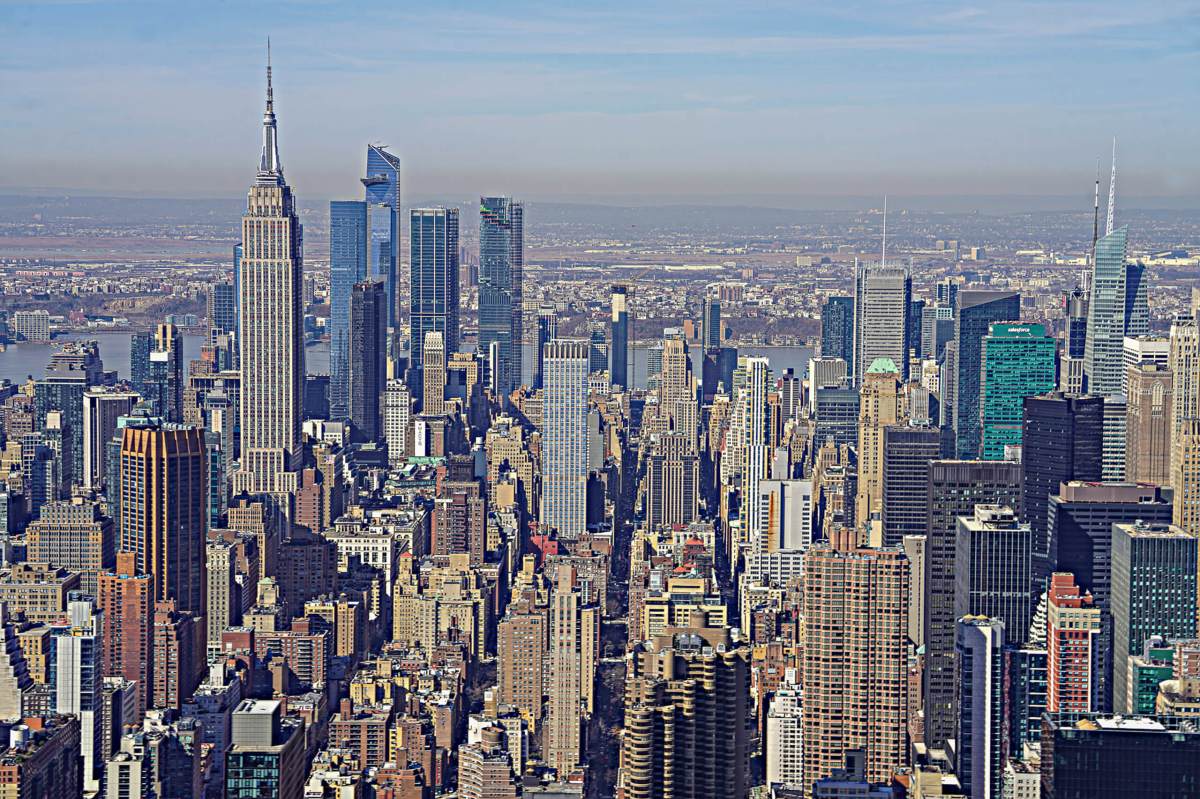By Aradhana Aravindan
SINGAPORE (Reuters) – Singapore’s anti-trust watchdog fined ride-hailing firms Grab and Uber a combined S$13 million ($9.5 million) over their merger deal, and ordered Uber to sell vehicles from its local leasing business to any rival that makes a reasonable offer.
U.S.-based Uber Technologies Inc [UBER.UL] sold its Southeast Asian business to bigger regional rival Grab in March in exchange for a 27.5 percent stake in the Singapore-based firm.
The deal invited regulatory scrutiny in the region, with the Competition and Consumer Commission of Singapore (CCCS) – in a rare move – launching an investigation just days after the deal was announced.
The CCCS on Monday said it had finalised several measures to lessen the impact of the transaction on drivers and riders, and open up the market for new players. It also said it found the merger substantially reduced competition in the market.
The regulator said it has fined Uber S$6.6 million and Grab S$6.4 million to deter future completed, irreversible mergers that harm competition. It also ordered Grab to remove its exclusivity arrangements with drivers and taxi fleets.
“Mergers that substantially lessen competition are prohibited and CCCS has taken action against the Grab-Uber merger because it removed Grab’s closest rival, to the detriment of Singapore drivers and riders,” CCCS Chief Executive Toh Han Li said in a statement.
The regulator said effective fares on Grab rose 10 to 15 percent after the deal, and that the firm now holds a Singapore market share of around 80 percent.
It told Grab to maintain its pre-merger pricing algorithm and driver commission rates.
It also ordered Uber to sell vehicles of its Singapore-based Lion City Rentals to any potential competitor who makes a reasonable offer based on fair-market value, and prohibited Uber from selling those vehicles to Grab without regulatory approval.
Lion City’s fleet totalled 14,000 vehicles as of December.
Uber said it believed the CCCS’s decision was based on an “inappropriately narrow definition of the market, and that it incorrectly describes the dynamic nature of the industry, among other concerns.” It said it would consider appealing.
Grab said it completed the transaction within its legal rights, and maintained it did not intentionally or negligently breach competition laws.
It added that it had not raised fares since the deal, and said for drivers to have full maximum choice, all transport players, including taxi operators, should also be subjected to non-exclusivity conditions.
It said it would abide by remedies set out by the CCCS.
(Reporting by Aradhana Aravindan; Editing by Muralikumar Anantharaman and Christopher Cushing)

